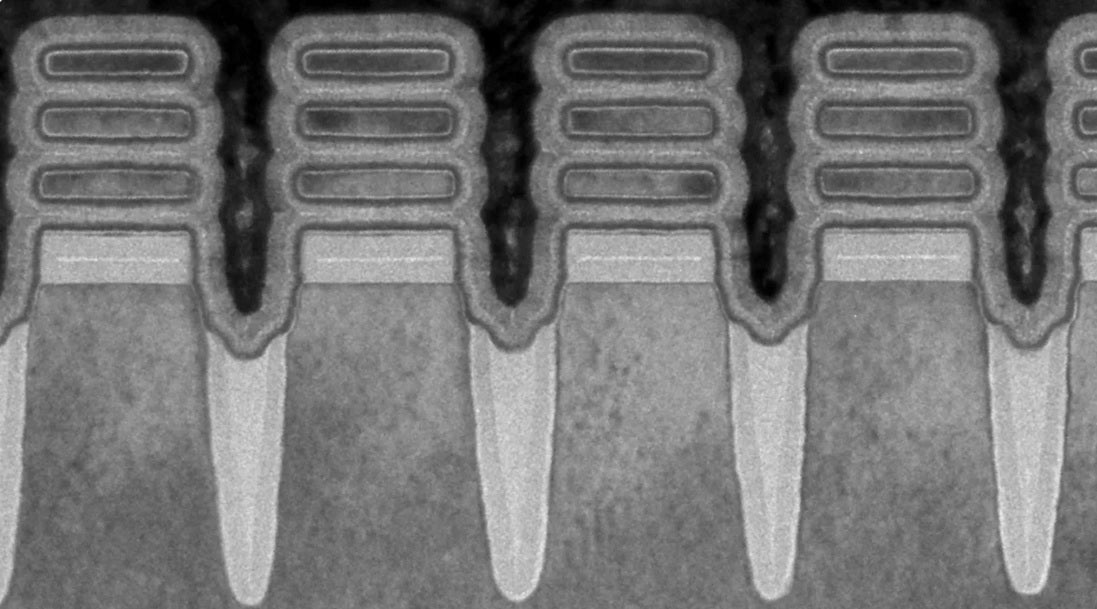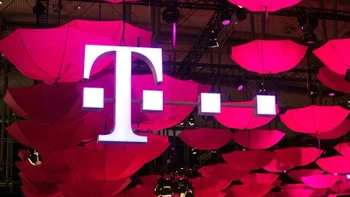Upstart firm wants to replace TSMC as Apple's 2nm chip source

According to Nikkei Asia (via AnandTech) a Japanese consortium called Rapidus, which is backed by the Japanese government, wants to challenge TSMC and Samsung Foundry by producing chips using a 2nm process node by 2027. It should be pointed out that the firm hasn't even reached the FinFET stage in its fabs and these transistors will be totally replaced by Gate-all-around (GAA) transistors by TSMC when it starts its 2nm production scheduled to start in 2025. Samsung Foundry already uses GAA with its 3nm chips.
Japanese firm wants to leapfrog from producing 45nm chips to 2nm chips by 2027
TSMC is the only foundry employed by Apple for its chips including the A-series, and M-series SoCs. TSMC derives an estimated 25% of its annual revenue from Apple and also produces chips for MediaTek, AMD, Nvidia, Intel, Broadcom, Qualcomm, and others. Rapidus has set its sights on this business although it will cost the company $35 billion to start 2nm production in 2025 with high-volume production taking place two years later.

IBM produced the first chip made using the 2nm process node back in 2021
Since orders from Japanese companies alone won't help Rapidus generate the revenue it needs, the company will have to grab orders from top tech names like Apple, Google and Meta according to Atsuyoshi Koike, chief executive of Rapidus who said, "We are looking for a U.S. partner, and we have begun discussions with some GAFAM [Google, Apple, Facebook, Amazon and Microsoft] corporations. Specifically, there is demand [for chips] from data centers [and] right now, TSMC is the only company that can make the semiconductors they envision. That is where Rapidus will enter."
Rapidus does not intend to completely follow TSMC's business model and plans to limit the companies it serves to five at the start, expand to 10, and see if it can take in more business at that point. Considering that the most advanced chips made in Japan at this time are produced using the 45nm process node, Rapidus has a lot of work to do and the CEO says that quotes for its 2nm chips will be ten times the quotes for chips currently made by Japanese foundries.
Rapidus plans on building its 2nm fab in Japan which might give it an advantage over TSMC
Rapidus is planning on building its 2nm foundry in Chitose on the Hokkaido island of Japan. The company could get 2nm business if China starts making more noise about invading Taiwan; looking to become self-sufficient in the semiconductor industry, some analysts believe that the Chinese could attack Taiwan with the takeover of TSMC in mind. Moving chip production to Japan could remove some of the worry that some tech executives have about where the majority of their chips are made.
TSMC is expected to start producing 4nm chips in the U.S. in 2025 after a one-year delay was recently announced. And a second fab will produce 3nm chips in the States starting in 2026. So if Rapidus is able to deliver 2nm chips in quantity by 2027, it might be able to get at least some business from the big tech names it is eyeing.
Rapidus will partner with IBM to help produce the 2nm chips. Back in 2021, IBM produced the first 2nm chip which was made using Gate-all-around technology and IBM said at the time that its 2nm process node will allow it "to fit 50 billion transistors in a space roughly the size of a fingernail."
Currently, the expense of using pricey wafers to build 3nm chips has resulted in Apple taking up as much as 90% of TSMC's 3nm order book this year. The Apple iPhone 15 Pro and iPhone 15 Pro Max will be the only global phones to be powered by a 3nm chipset this year. Next year, TSMC will debut its less-expensive N3E node which should allow a greater adaption of the 3nm node even though the performance gains are said to be reduced.
Follow us on Google News














Things that are NOT allowed:
To help keep our community safe and free from spam, we apply temporary limits to newly created accounts: